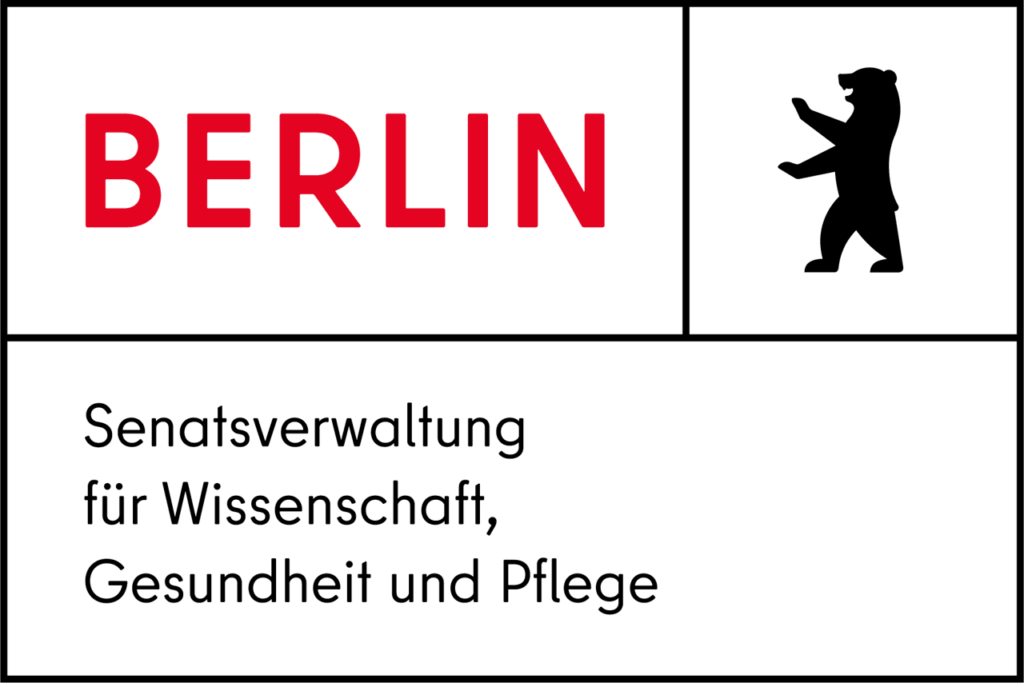Sexual health services are a fundamental part of comprehensive healthcare, but marginalized populations often encounter systemic barriers that limit their access to culturally competent and comprehensive care.
This field study report presents a thorough investigation of sexual healthcare for queer African communities in Berlin and Brandenburg—a population group that finds itself at the intersection of multiple marginalized identities. The study was being conducted against the backdrop of documented inequalities in healthcare, affecting both LGBTQIA+ individuals and African diaspora communities across Europe, with a particular focus on the additional challenges faced by those who must contend with migration status, racial identity, and non-heteronormative sexual or gender expressions.
The study was designed to fill critical gaps in current understanding:
- the intersectional experiences of queer Africans in
- access to sexual health services
- systemic barriers that perpetuate inequalities in healthcare, and evidence-based strategies for improving service delivery.
By focusing on the Berlin-Brandenburg metropolitan region—home to the largest African diaspora community in Germany—this study provides localized insights with potential implications for improving sexual health equity in similar urban contexts across Europe.
This study is particularly relevant in light of Germany’s progressive health policy, which nevertheless continues to show gaps in implementation for marginalized groups. Recent studies by the Robert Koch Institute (2022) and the Magnus Hirschfeld Foundation (2023) have identified inequalities in
PrEP access and culturally competent care for LGBTQIA+ populations and migrant communities, although none of these studies specifically examined the intersectional experiences of queer African individuals. Our findings aim to inform policymakers, healthcare providers, and community organizations working at the intersection of migration, sexual health, and LGBTQIA+ rights.
OBJECTIVES
The study had four main objectives:
- Assessment of the current level of cultural competence and inclusivity in sexual health services.
- Identification of specific challenges and barriers faced by queer African people in accessing sexual health services.
- Research into how cultural competence affects service utilization, patient satisfaction, and health outcomes.
- Development of recommendations for healthcare providers to improve inclusivity and cultural sensitivity.
Key Findings
Cultural competency gaps:
- Only 32.7% of participants were familiar with LGBTQIA+-specific
resources for sexual health. - 44.9% had difficulty finding providers who were willing to work with both
LGBTQIA+ as well as African cultural needs.
Structural barriers:
- Language: 26.5% encountered language barriers; 61.3% preferred materials in English or French.
- Discrimination: 18.4% reported prejudice based on sexual orientation/gender identity.
- Affordability: 22.4% cited unaffordable medication costs (e.g., PrEP/PEP).
Trust and confidentiality:
- While 65.3% of respondents considered confidentiality to be important, they trusted
only 55.1% believe that providers protect privacy.
Critical recommendations
Institutional reforms:
- Requirement for intersectional training on cultural competence for
healthcare providers. - Expansion of multilingual resources (e.g. translated materials,
translation providers).
Community-centered solutions:
- Partnerships with African queer organizations for
Tailored public relations and education. - Financing of subsidized medication programs and
sliding-scale fees.
Political advocacy:
- Partnerships with African queer organizations for
Tailored public relations and education. - Financing of subsidized medication programs and
sliding-scale fees.
Call to Action
These findings underscore the urgent need to transform sexual health services into inclusive, equitable systems. Success requires collaboration between policymakers, healthcare institutions, and queer African communities. Through the
implementation of these recommendations, Berlin and Brandenburg can serve as a model for progressive care for marginalized populations around the world.
Compilation of the report / Acknowledgements:
This report was compiled under the direction of Abdul-Wadud Mohammed (Principal Investigator), a Ghanaian researcher and human rights activist with eight years of experience in LGBTQ+ rights and an MA in human rights. His work in the areas of community mobilization,
political advocacy, and intersectional research are incorporated into the nuanced examination of access to sexual health for queer African communities in Germany.
The study was conducted in collaboration with sidekicks.Berlin, with strategic consultation from Stephan Jäkel and Rolf de Witt. Their partnership was crucial for disseminating the survey, data collection, and creative communication (including graphic and video production).
The survey was financed by the Senatsverwaltung für Wissenschaft, Gesundheit und Pflege.
The researcher expresses his heartfelt thanks to:
- Schwulenberatung Berlin for institutional support and
providing a platform for this important work; - LesMigraS and Casa Kuà for disseminating the survey in their
communities. - Katja Kinder (ADEFRA) for facilitating participant recruitment
through her networks;

